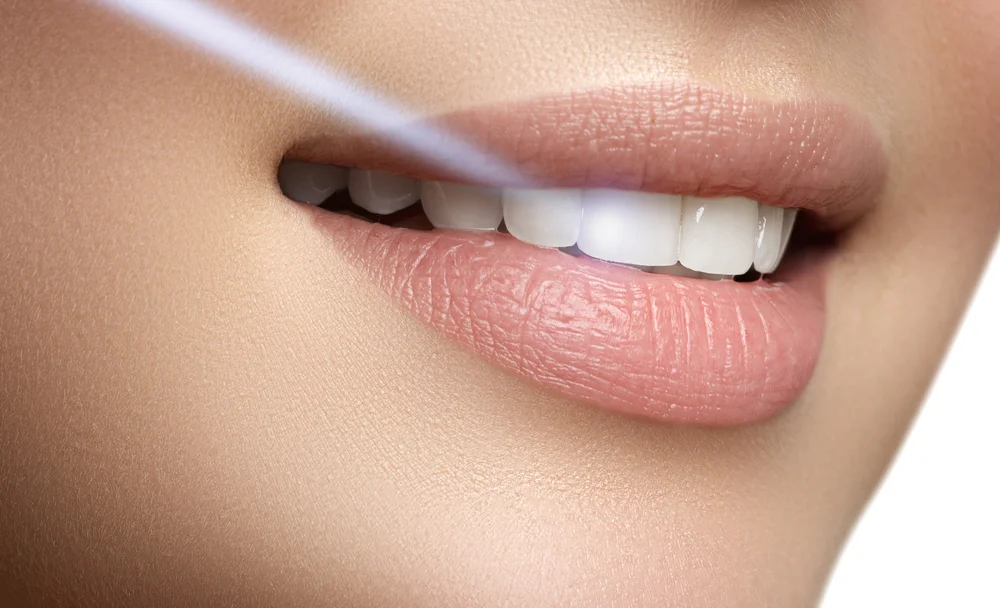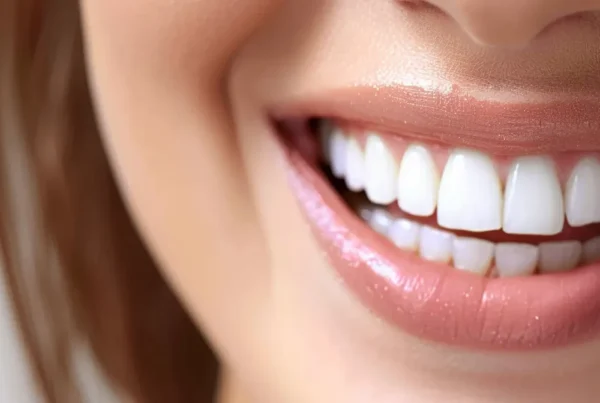The surge in activated charcoal use for teeth whitening invites a closer look at its actual benefits versus public perception. This exploration helps consumers navigate their dental health with an evidence-based lens.
Many consumers endorse activated charcoal based on claims of its natural whitening power. However, scientific research does not assert the same confidence, indicating a gap between what is believed and what is proven.
- Gap Between Claim and Evidence: Despite strong online promotion, there’s limited clinical support showing activated charcoal can whiten teeth effectively.
- Natural Appeal Versus Dental Health: The natural label makes charcoal seem safe, but this perception may overlook potential enamel risks and ingredient imbalances.
- Shift to Proven Methods: Educating patients on safe, dentist-approved alternatives like peroxide-based whitening options ensures better, long-term results.
Each of these points contributes to a thorough understanding as to why consumers need to reassess the value of activated charcoal in dental care. The use of simple language and a straightforward approach helps demystify the topic, focusing on practical value without excess fluff or clichés.
Key Challenge or Risk Area 1
Activated charcoal’s rise to fame as a natural teeth whitener is not supported by clinical evidence, raising concerns about its effectiveness and consumer misperceptions.
The research community continues to assess the claims around activated charcoal, but current findings fall short of validating its whitening potential.
- Clinical Evidence Gaps: Research has yet to definitively prove that activated charcoal is an effective long-term solution for whitening teeth when compared to established peroxide-based products.
- Perception Versus Reality: The influence of social media has inflated the reputation of activated charcoal, potentially misguiding consumers regarding its true efficacy.
- Understanding the Alternatives: It is important to provide consumers with factual comparisons to evidence-backed treatment options that consistently deliver desired whitening results.
Until more substantial data is available, patients should approach charcoal-based whitening with caution and look to better-supported alternatives.
Key Challenge or Risk Area 2
The abrasive qualities of activated charcoal can lead to dental health issues, emphasizing the need for consumers to be cautious when considering such products.
Most users are unaware of how charcoal’s texture might harm their enamel or increase tooth sensitivity over time.
Over time, these effects can accumulate and require restorative dental work. Choosing products thoughtfully and limiting use is essential to protect long-term oral health.
Key Challenge or Risk Area 3
Natural does not always mean better or safer. Misconceptions around activated charcoal as a naturally beneficial product require correction to protect consumer health.
There is a tendency to believe that natural products are inherently harmless. But in oral care, ingredients like charcoal may carry unintended consequences.
Consumers benefit most when they critically evaluate marketing claims and choose products backed by regulated research and long-term safety studies.
Actionable Response or Strategic Solution
Faced with the above challenges, a proactive approach based on evidence and professional insights is needed to navigate the activated charcoal trend safely.
Dental professionals should reinforce that the best whitening outcomes come from methods that have been clinically validated, not crowd-sourced from internet trends.
- Value of Evidence-Based Treatments: Emphasizing clinically proven treatments over popular, unverified methods can provide safer, more reliable results for consumers.
- Professional Input: Dental experts should inform their clients about the limited evidence and potential risks of using activated charcoal as a whitening agent.
- Counteracting Myths: Accurate, engaging content can be a powerful tool to dispel myths perpetuated by influencers and promote healthier alternatives.
This patient-centered approach creates clarity, encourages safer decisions, and shifts focus back to long-term oral wellness.

Decision Criteria or Escalation Triggers
When considering teeth-whitening products, look out for these indicators that suggest it may be time to seek the advice of a dental professional.
Not all whitening experiences are the same. If you’re noticing discomfort, enamel changes, or just not getting results, it’s time to consult a dentist.
Professional guidance ensures any issues are addressed early and that patients avoid unnecessary risks associated with questionable products.
Support Resources or Professional Guidance
Guidance and vetted information should be sought from established dental health organizations and research to make well-informed decisions about teeth whitening.
Whether it’s selecting a toothpaste or starting a whitening routine, consulting dental professionals and relying on credible institutions like the ADA is key.
Trusted guidance promotes safer outcomes and builds long-term confidence in your dental care choices.
Preventive Measures or Best Practices
Adopting best practices in oral health care and regular checkups can help minimize risks associated with teeth whitening and maintain dental health.
Daily oral hygiene, coupled with awareness of product ingredients, sets the foundation for safer whitening choices.
- Importance of Regular Dental Checkups: Routine visits to the dentist can catch early signs of problems and offer guidance on proper oral hygiene and whitening practices.
- Using Balanced Products: Select products that have the American Dental Association’s seal of approval to ensure they are safe and contain necessary ingredients like fluoride.
- Regimen Consultation: Obtain personalized care plans from dental professionals to accommodate individual oral health needs and whitening goals.
With these strategies, patients can preserve both the appearance and health of their smiles, without falling for gimmicks.
Protect Your Smile With Trusted, Proven Care
Trendy whitening hacks like activated charcoal might seem appealing, but your oral health deserves better than guesswork. At Fountain of Youth Dental, Dr. Chris Cappetta delivers expert, science-backed solutions that brighten your smile safely and effectively.
If you’re ready for real results without the risks, schedule your consultation today and let us guide you toward a healthier, more confident smile, built on facts, not fads.
Frequently Asked Questions
Is activated charcoal effective for teeth whitening?
While activated charcoal is popular for teeth whitening and may remove some surface stains, it lacks the clinical evidence to support its effectiveness compared to proven treatments like peroxide-based options.
Could activated charcoal harm my tooth enamel?
Yes, the abrasive nature of activated charcoal carries potential risks such as enamel erosion or increased tooth sensitivity, especially with long-term use.
Are natural whitening products always the best choice?
Not necessarily. It’s important to note that “natural” doesn’t automatically mean safe or effective. Always consult with your dentist for personalized, evidence-based whitening treatments.
Ready for a dentist who cares as much as you do about your smile? Contact Dr. Cappetta today to schedule a no-pressure consultation. You can also call us at (210) 614-5481.
With Fountain of Youth Dental, you can stop settling and finally get the healthy, stunning smile you deserve!
Schedule Your Free Consultation Today!
Fountain of Youth Dental
5282 Medical Dr. #520 San Antonio, TX 78229 (210) 614-5481 Driving Directions





